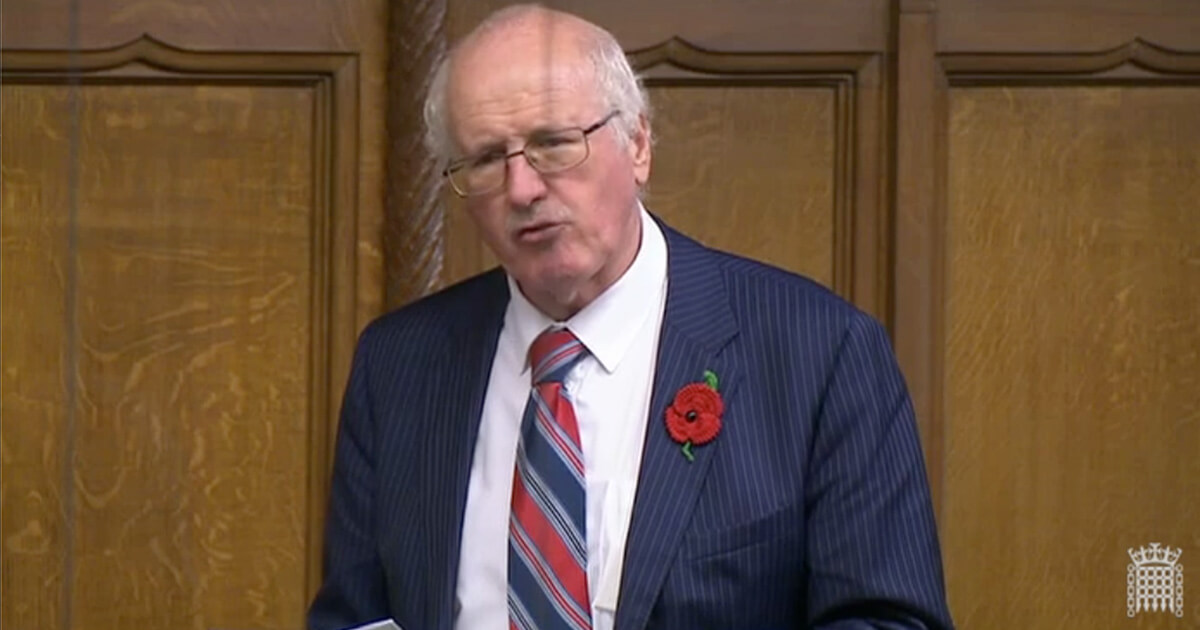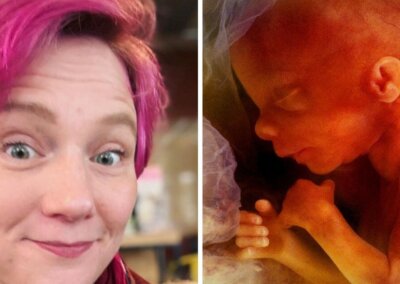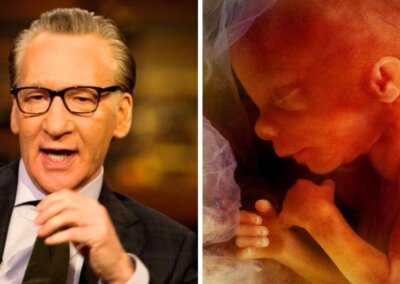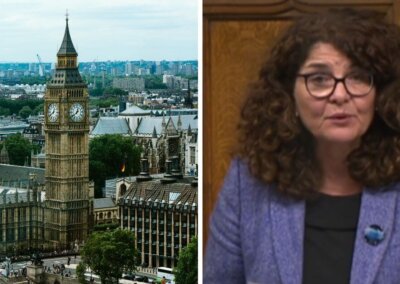The UK Government has been grilled over the potential use of tissues or organs from aborted babies.
In response to an organ scandal at Alder Hey children’s hospital, in which Professor Dick Van Velzen was found to have unethically and illegally collected over 2000 body parts from 850 children, the Human Tissue Act 2004 was set-up to govern the treatment of tissue.
Under the legislation, it is illegal to sell, or exchange for ‘reward’, any material that “consists of or includes human cells” – including tissue from aborted babies.
However, the same law allows a competent authority, such as a hospital or research facility, to lawfully engage in that activity and receive remuneration for “transporting, removing, preparing, preserving or storing controlled material”.
This is noted by Royal College of Nursing guidelines which state: “Fetal Tissue may be required for research… If the woman has not expressed any particular wishes about the fetus, she may agree to specific research being carried out. She would be required to sign a consent form to authorise this and to confirm that she fully understands the planned outcome.”
It means women are permitted to donate the remains of their aborted baby for medical research.
An undercover investigation in the US discovered the country’s largest abortion provider, Planned Parenthood, has been profiting from the sale of unborn body parts for several years.
Sharing his personal concerns and those of his constituents yesterday, DUP MP Jim Shannon asked Health Minister Edward Argar “whether the Human Tissue (Quality and Safety for Human Application) (Amendment) (EU Exit) Regulations 2020 address the concerns about the use of tissues or organs from aborted babies, and if so, how is the issue of consent dealt with?”.
He added: “I am being very honest with you, Mr Deputy Speaker, about where I am coming from, because every cell of that little one is precious and must be used with consent and appropriately, just as is the case with those incredibly brave men and women who chose to donate the organs of their lost loved ones in order to save others.”
Conservative MP Edward Argar pledged to reviewing the matter saying: “if it is helpful to him, particularly in the light of his constituents’ concerns, I or a fellow Minister will undertake to write to him with further clarification, so that he has that on record. With that, I commend the regulations to the House.”












